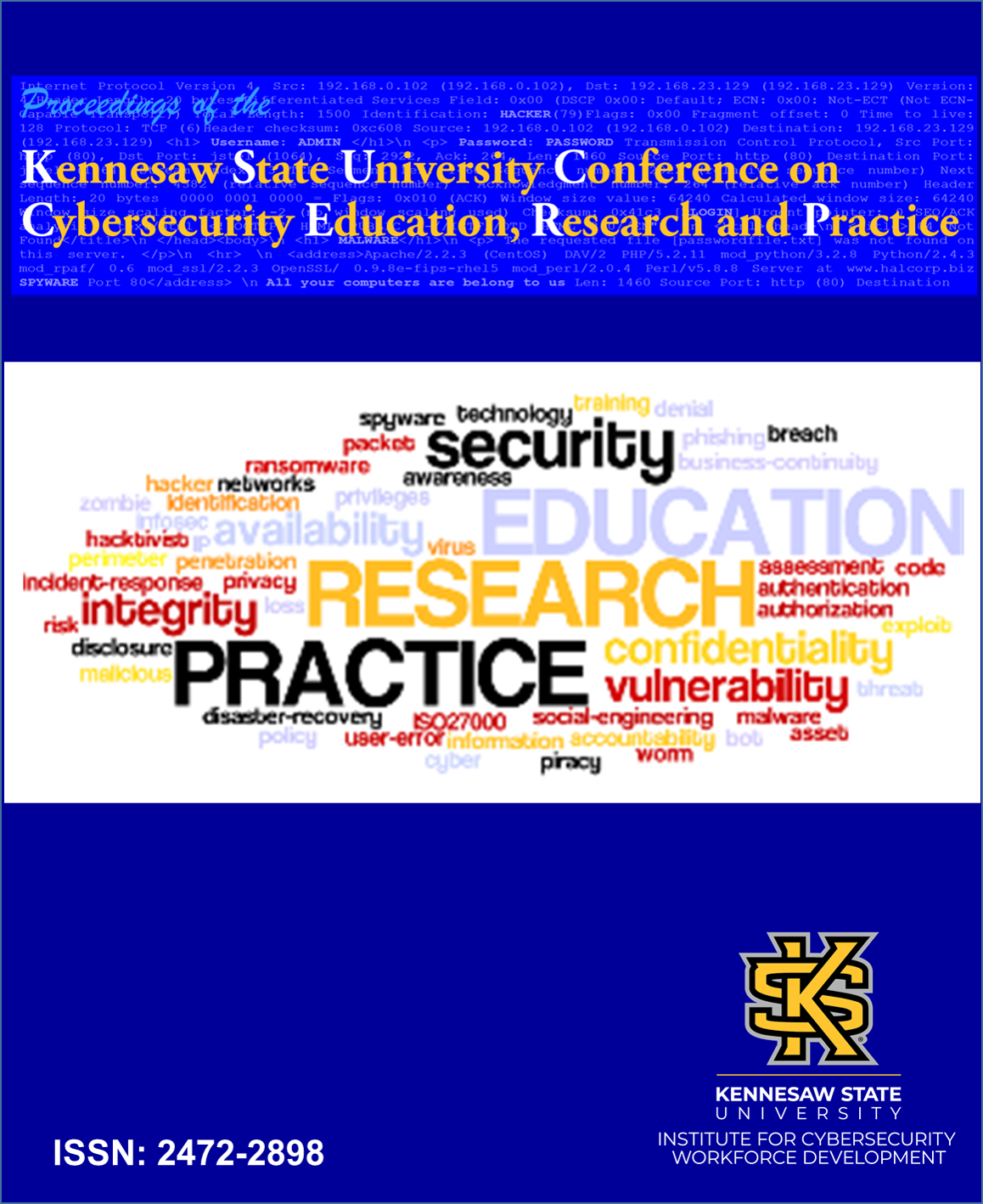Start Date
14-11-2022 12:30 PM
End Date
14-11-2022 12:50 PM
Abstract
Researchers are paying closer attention to the rise of disinformation on social media platforms and what responsibility, if any, the companies that control these platforms have for false information being spread on their websites. In this paper, we highlight the recent growth in concern regarding online disinformation, discuss other works regarding the use of social media as a tool for spreading disinformation, and discuss how coordinated disinformation campaigns on social media platforms are used to spread propaganda and lies about current political events. We also evaluate the reactions of social media platforms in combatting disinformation and the difficulty in policing it. Finally, we argue the point that governments should not have the power to regulate the content of social media platforms except in cases where said content is actively illegal or could be categorized as a type of speech that is not protected by the First Amendment.
DOI
10.32727/28.2023.8
Included in
Business Law, Public Responsibility, and Ethics Commons, Information Security Commons, Management Information Systems Commons, Technology and Innovation Commons
Social Media Platforms and Responsibility for Disinformation
Researchers are paying closer attention to the rise of disinformation on social media platforms and what responsibility, if any, the companies that control these platforms have for false information being spread on their websites. In this paper, we highlight the recent growth in concern regarding online disinformation, discuss other works regarding the use of social media as a tool for spreading disinformation, and discuss how coordinated disinformation campaigns on social media platforms are used to spread propaganda and lies about current political events. We also evaluate the reactions of social media platforms in combatting disinformation and the difficulty in policing it. Finally, we argue the point that governments should not have the power to regulate the content of social media platforms except in cases where said content is actively illegal or could be categorized as a type of speech that is not protected by the First Amendment.


